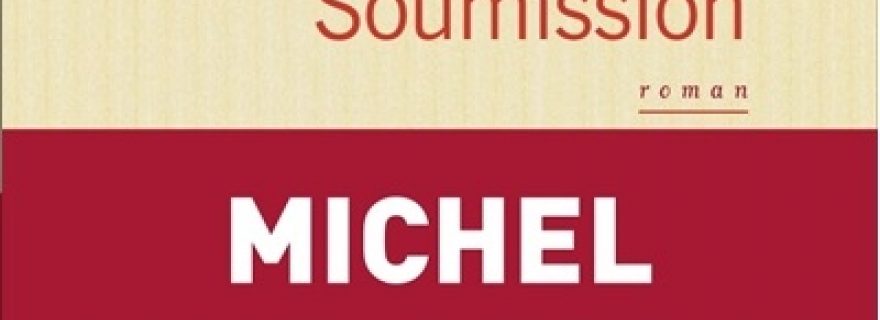Houellebecq’s future forecast: “Submission”
Michel Houellebecq’s book “Submission”, is more than a novel. It offers a sharp analysis of current politics and society in France. Moreover, it presents an interesting future forecast of France led by a president representing the Muslim Brotherhood.
Why review a novel on the Leiden Safety & Security Blog? Because Michel Houellebecq’s latest book, “Submission”, is more than a novel. It offers a sharp analysis of current politics and society in France. Moreover, it presents an interesting future forecast of that nation. A France led by a president representing the Muslim Brotherhood who manages to fundamentally change French society and its international orientation. The idea sounds far-fetched -- perhaps except for those who believe “Eurabia”, the conspiracy of Europe, allegedly led by France and Arab powers, to Islamise and Arabise Europe. Houellebecq explicitly refers to this idea in his book, without adhering to it. From the many detailed examples used in the book, it can be derived that the author has extensively studied the phenomena, dynamics and actors that feature in his novel.
He presents the Muslim Brotherhood in France as a power-oriented group with smart and highly educated leaders. This holds for several Muslim Brotherhood groups in Europe – see for instance Hurst’s edited volume “The Muslim Brotherhood in Europe”. Perhaps Houellebecq could have added the secretive nature. Quite different from what happened in the novel – in which the Brotherhood has managed to win the presidential elections – the real world Muslim Brotherhood has not managed to mobilize the Muslim masses in Europe, let alone gain the trust and support of non-Muslims. In France and other European countries, the Brotherhood is challenged by salafis and jihadis who dominate the debate and did manage to mobilize larger groups of sympathisers and activists.
Two of them – real brothers – caused havoc in Paris, attacking the Charlie Hebdo office in January 2015. This attack sparked public outcry, motivating hundreds of thousands to demonstrate on the streets of Paris and elsewhere in defense of the Republic and its liberal values. Interestingly, Houellebecq, whose book was written before the Charlie Hebdo attacks, also describes how people took to the street to defend the Republic. In his description of the future, it was a demonstration at the eve of the second round of presidential elections in 2017 in defence of the French identity and laïcité – the absence of religious involvement in government affairs and absence of government involvement in religious affairs. In “Submission”, the demonstration turned out to be the last act of resistance of right-of centre France before losing ‘their country’. After the elections, the Muslim Brotherhood, supported by left-of-centre parties, would take over the country leading it to new heights in the eyes of the general public, building on a wave of religious revival and the desire for new economic models.
Of course, “Submission” is a novel. But it can also be read as a well-documented and thought provoking future forecast. It raises the question whether or not the demonstrators that flocked the streets of Paris after the Charlie Hebdo attack -- sooner or later -- might also turn out to be on the losing side of history. Will liberalism and the separation of Church and State prevail? Houellebecq helps us to understand that as a result of demographic and societal changes, these important values could indeed be in danger.


